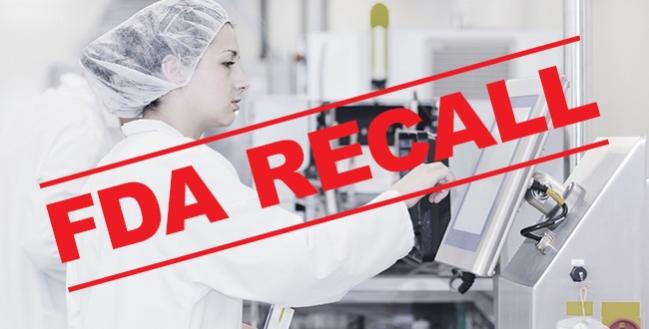Medtronic Recalls Valiant Navion TEVAR Stent Grafts
The recall was triggered by three reports of stent fracture in the Valiant Evo global clinical trial, including one patient death.

Unused Valiant Navion thoracic stent grafts are being voluntarily recalled by the manufacturer, Medtronic, following reports that three patients who participated in the Valiant Evo global clinical trial have suffered stent fractures. Two patients were confirmed to have type IIIb endoleaks; in one of the patients, a secondary reintervention was performed to treat the endoleak. That patient experienced hypotension 3 days after the second procedure and died.
“In the absence of an autopsy or explant, the mortality was reported to be probably aortic rupture,” a company spokesperson told TCTMD.
Following the three reports, an independent imaging laboratory tasked with reviewing all of the available images from patients enrolled in the Valiant Evo trial identified a total of seven out of 87 patients who appeared to have stent ring enlargement beyond the design specification. “Those observations require further assessment to determine potential clinical importance,” the company says in a press release. “Medtronic is currently conducting a comprehensive technical root-cause investigation, including further review of follow-up clinical trial imaging and commercial complaints and imaging.”
The Valiant Navion thoracic endovascular aortic repair (TEVAR) system was approved by the US Food and Drug Administration in 2018 for the treatment of thoracic aortic aneurysms, type B aortic dissection, intramural hematoma, penetrating atherosclerotic ulcer, and blunt thoracic aortic injury. The Valiant Evo global trial, combining a US and international trial running simultaneously, enrolled its target of 100 participants in 2018 (with a total of 87 evaluable patients) and was intended to demonstrate the 30-day safety and efficacy of the device in patients who are eligible for open endovascular repair. Follow-up is planned out to 5 years.
Physicians with patients who’ve received the stent graft are being asked to “retrospectively review all available images . . . with specific attention to stent fractures and type IIIb endoleaks and contact Medtronic if any imaging findings are observed.” Going forward, physicians should perform (at a minimum) annual follow-up as per the imaging recommendations set out in the device instructions for use and inform the company of any adverse events or product safety concerns.
Shelley Wood was the Editor-in-Chief of TCTMD and the Editorial Director at the Cardiovascular Research Foundation (CRF) from October 2015…
Read Full BioSources
Medtronic. Medtronic announces voluntary recall of unused Valiant Navion thoracic stent graft system. Published and accessed on: February 17, 2021.



Comments